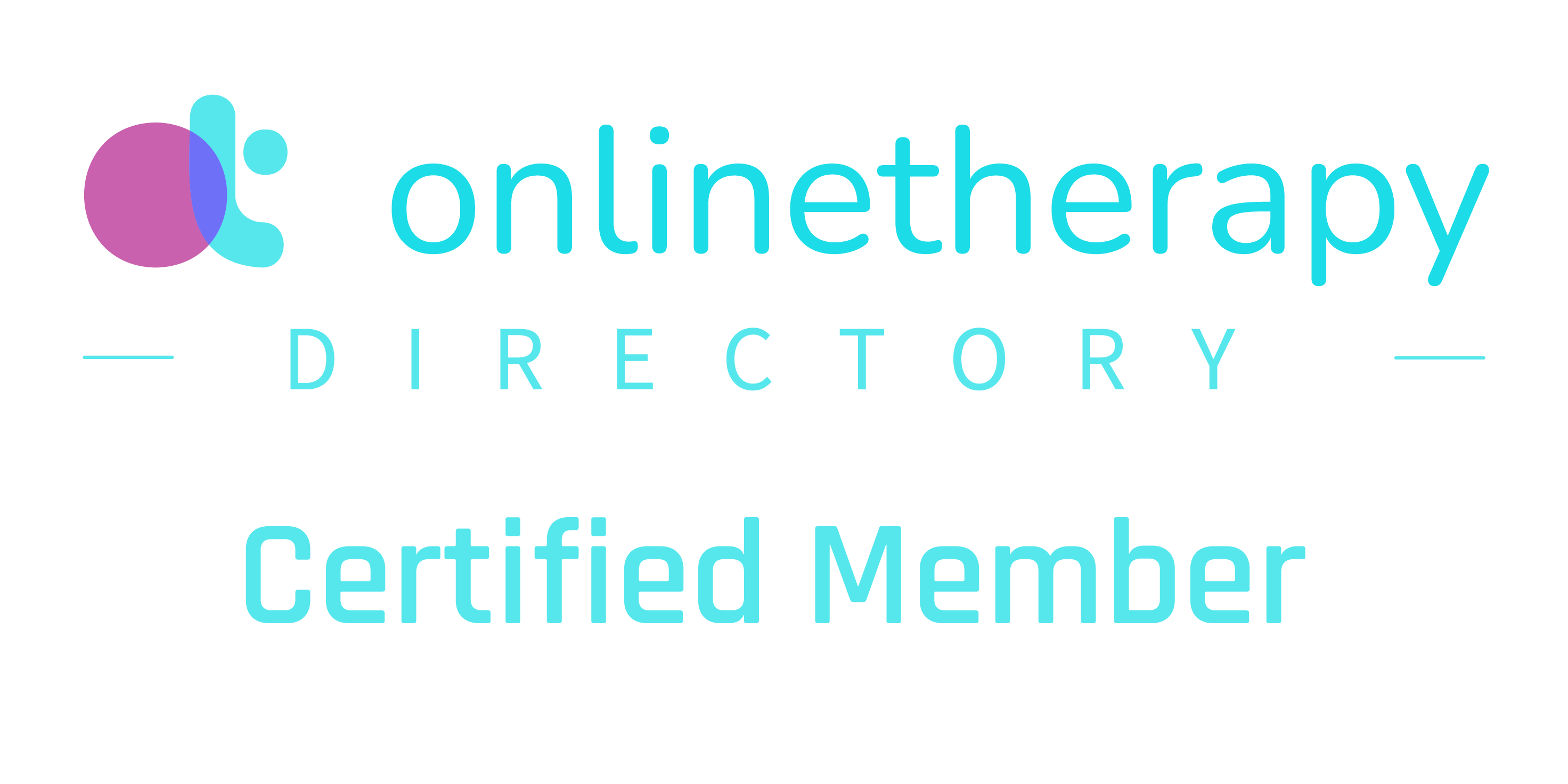Expat Therapy For Culture Shock
Unless you moved around a lot growing up, you likely never realized how accustomed you are to where you live. From the food, people, and attitudes, you are accustomed to, you may not have ever realized how different other areas are because you never needed to notice this before. And this can be distressing, anxiety inducing or even traumatizing when it happens unexpectedly. This is where expat therapy can be a game changer
When you branched out to a new city, state, or even country, what were your initial thoughts? Maybe you didn’t really think there could be that much of a difference between one city to the next. Or that moving to a different part of the country could feel so foreign. And, if you moved to a new country, you probably did expect things to be completely different, but not that different. Regardless of your expectations, culture shock is a unique kind of life transition that many people don’t understand.
In any of those cases, you most likely never expected the emotional and mental toll this move would have on you, did you? And that there really is an adjustment period required to successfully navigate a big move. This transition period has a special name, called ‘culture shock’ and anyone can experience this no matter where one moves to. What is culture shock, though and how can expat therapy from a trained specialty in expat counseling help?
Culture Shock Explained
From a definition standpoint, culture shock is the feeling of being disorientated after being in an unfamiliar culture or being subjected to different ways of life or attitudes. But culture shock goes way beyond just feeling disorientated.
If we look at the definitions of culture shock, we may get the impression that culture shock is only temporary. That if you spend a few days in that new place, you’ll just get over it, like it’s a new car that you just have to get used to driving, then you’ll be fine. Instead, this car has completely different equipment and controls, the pedals are different, and the steering wheel is on the wrong side!
Someone experiencing culture shock may feel confused, anxious, frustrated, lonely, and homesick. In addition, culture shock can manifest with physical symptoms as well. For instance, someone may see a change in sleeping habits such as insomnia or frequent stomach aches or headaches.
Stages Of Culture Shock
There are generally four accepted stages of culture shock
Honeymoon Stage
This stage is when everything feels exciting and new. You can’t help but feel amazed at everything you are getting to experience that you may not have before. It’s the euphoric feeling of a new chapter where you are seeing just how varied life and its people can be. It can feel like an extended vacation and in the beginning you are in vacation mode which often leads to less stress and anxiety.
Negotiation Stage
Then in the next stage, you start to feel completely overwhelmed by everything. Whereas once you were elated to see the different things life has to offer, now you are just anxious about it. It’s so…different than anything you have experienced. What am I doing here, you might ask. Why did I choose to come here, I miss my family and friends and the familiar places I know. This is often the time when people experience a lot of self attack and self criticism which only makes things worse. Getting expat therapy from a therapist who understands the expat experience AND what to do about self attack / self-criticism can reduce the amount of time you are struggling.
Adjustment Stage
As you negotiate and let yourself feel the differences, it eventually starts to become less overwhelming. You start to feel better about your new location and the people in it. You didn’t think it would be possible, but now this home away from home is starting to feel more like…well, home!
At this stage it can also be helpful to consider receiving expat therapy to resolve any unresolved trauma about the move itself AND coaching to consider what your values are and how you want to live the rest of your life in your new place. Expat counseling with (therapeutic) life coaching can help you thrive and not just adjust.
Adaptation Stage
This is the stage where you no longer feel as isolated and alone. You are truly seeing this new place as home, and though you may miss your old location (and you may not!), you are now excited again for the possibilities of this new place, and get the sense that you can ‘get back to living’ and not focus so much on the differences between your old environment and new one. At this stage, many people are able to integrate both cultures within themself and feel a sense of hope, accomplishment and possibilities.
How Expat Therapy Helps Someone Deal With Culture Shock
No matter where you moved to or how far away, it can be challenging to deal with the shock that comes with a new culture or location and life. It has a profound effect on your mental health and can really impact your overall levels of happiness.
Therapy is important, no matter what the reason for it is. However, when it comes to culture shock, it can cause you to completely lose your sense of identity. When this is happening, it’s important that you reach out to someone who will understand. And losing a sense of identity can make you vulnerable to experiencing anxiety, panic attacks or becoming depressed.
You can talk to fellow expats and they can help you by giving advice. However, one of the best ways to move forward is to talk to a therapist who was an also expat and is an expert in both culture shock and expat therapy. I know how challenging living abroad or moving across the country can be because I have been there many times before. Don’t hesitate to reach out for help with expat counseling if you are struggling.
Click HERE to learn more about therapy for expats. If you are looking for support from an expat therapist, who understands personally what culture shock feels like AND is able to professionally support you to navigate this transition successfully, then please feel free to contact me at my Honolulu or London clinic. I am happy to offer you a free test drive session to learn more about how expat counseling for culture shock can help you.
—
I am a Licensed Mental Health Counselor in the USA and an Accredited CBT Therapist in the UK with over 17 years of experience, one of my specialties is providing expat therapy for expats. I also completed advanced training in using Cognitive Behavior Therapy and Compassion Focused Therapy.



